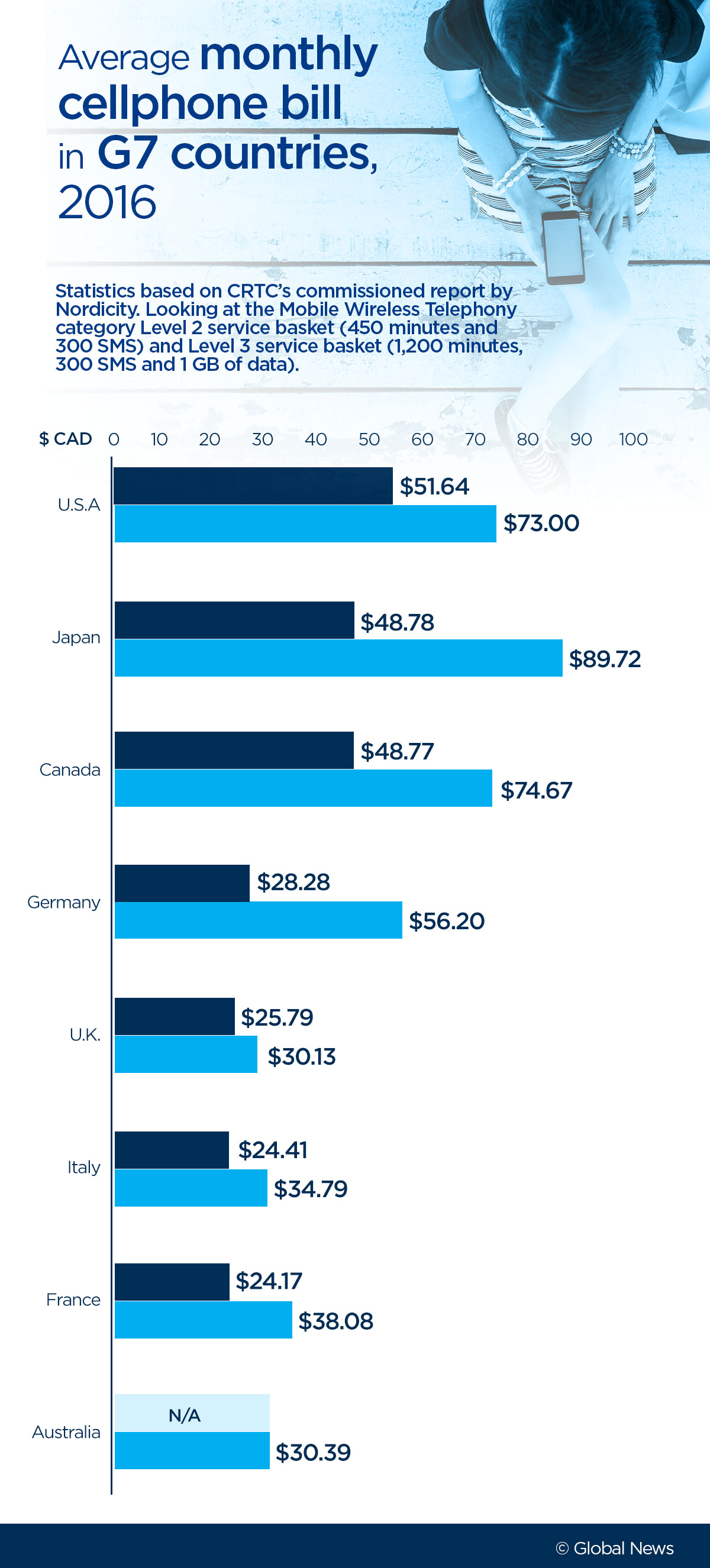When you look at one metric, the effect of non-residents on housing in Metro Vancouver can be measured at about five per cent.

But a deeper dig into the data produces very different results.
Coverage of foreign buyers on Globalnews.ca:
When you look at housing type, for example, you find that non-residents, or people whose principal residence is outside Canada, own 19 per cent of condos that were built in the City of Vancouver from 2016 to 2017.
A new study released by Andy Yan of the SFU City Program on Wednesday finds that non-residents own at least one in 10 condos in every category of unit worth $600,000 or more.
Yan derived the data from Statistics Canada’s report on non-resident ownership from last month.

Get breaking National news
That release contained a data table that allowed you to separate property ownership by value, in increments of $200,000:
- Homes valued at less than $200,000
- Homes valued at $200,000 to $399,999
- Homes valued at $400,000 to $599,999
- Homes valued at $600,000 to $799,999
- Homes valued at $800,000 to $999,999
- Homes valued at $1 million to $1,499,999
- Homes valued at $1,500,000 or more
Yan largely found higher shares of non-resident ownership as units became more expensive – and the numbers varied by municipality.
Among Metro Vancouver condos worth $600,000 to $799,999, for example, non-residents owned 10 per cent. In the City of Vancouver, that figure was 12 per cent.
Meanwhile, non-residents owned 19 per cent of condos worth $1.5 million or more in the City of Vancouver, and 22 per cent of such units in Richmond and Coquitlam.
READ MORE: Foreign buyers ‘not the problem’ in Canada, says CEO of Chinese overseas real estate portal
“When we look at the details, look beyond just regional details, and into particular cities, into particular housing types, into particular dates of construction, into particular housing values, that’s really where the interesting patterns start coming out in really the roles of non-resident ownership to our housing market,” Yan told Global News.
When Statistics Canada first released its data package on non-residents, it portrayed them as a class of homeowner that goes for units both bigger and more expensive.
It showed that the average condominium apartment owned by this group was worth about 30 per cent more than those owned by residents across Metro Vancouver.
In the City of Vancouver alone, it was worth about 26 per cent more.

But the latest data shows that condo buyers in Metro Vancouver could find themselves competing with non-residents even for more modestly-priced units.
Non-residents own 12 per cent of condominium apartments that range in value from $600,000 to $799,990 in the City of Vancouver.
They own 15 per cent of such units in Richmond and 15 per cent of them in Coquitlam.
READ MORE: Foreign buyers may not live in Vancouver, but their money sure does
That range captured the December benchmark price of an apartment across Greater Vancouver — that was $655,400, according to the Real Estate Board of Greater Vancouver (REBGV).
It also captured the December benchmark price of a Richmond apartment — $637,200.
‘”It’s not the upper crust, it’s the whole loaf now,” Yan told Global News.
With such a strong portion of non-resident buyers in different segments of the market, Metro Vancouver homeseekers are essentially competing in a global marketplace for residential real estate, he added.
And there are questions now about how non-resident buyers fit into the region’s housing market.
“Do they have priority? Should they be taxed at the same level as local buyers?” he asked.
BC Green Party leader Andrew Weaver thinks it’s time to move toward what New Zealand has done: ban non-residents from buying existing homes in the country.
“During the election, we campaigned on doubling the foreign buyers tax and extending it across the province,” Weaver said.
“I think we’re finding that it’s got too out of control now. That method needs to be taken to a whole new level.”
The BC NDP government is expected to unveil housing tax changes in its February budget — Weaver said he’s “hoping it’s good.”











Comments